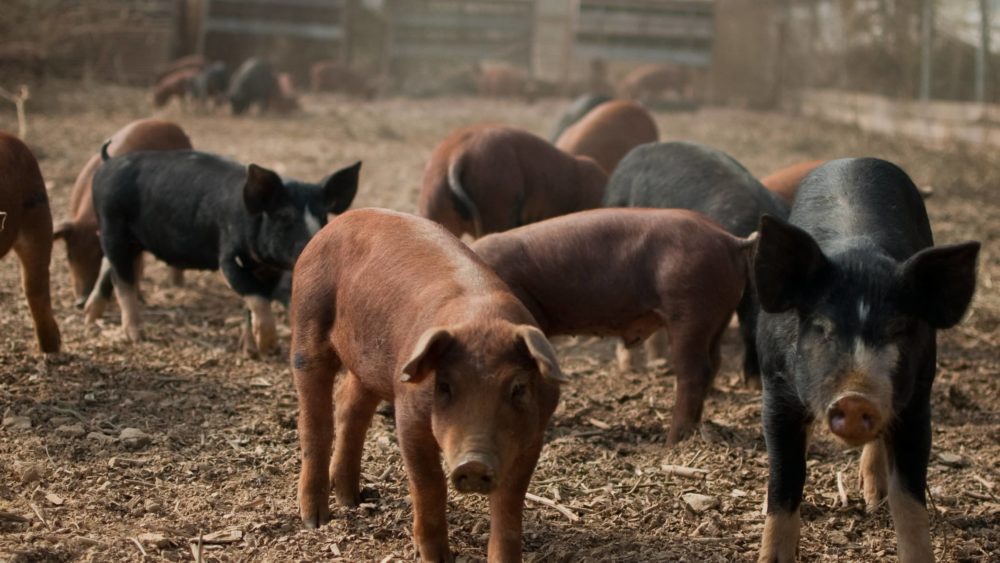SPRINGFIELD, Ill. (IRN) — Hog farm worker wages have gone up more than 20% in the past three years, but Illinois pork producers still can’t find enough workers.
Chad Leman, president of the Illinois Pork Producers Association, said pork production takes commitment.
“In the pork business, it’s become more difficult than ever to find men and women who want to take care of pigs and take care of barns, because it is a seven-day-a-week job,” Leman told The Center Square.
As the leader of IPPA, Leman is focused on helping farmers with the labor problem.
“You can’t take care of pigs virtually or remotely,” Leman jokes. “Taking care of pigs is hands-on.”
For many years now, major Illinois pork operations have been hiring Mexican college graduates with agricultural degrees to work in their barns. Under the United States-Mexico-Canada Agreement (USMCA), men and women with animal science or agronomy degrees can get a TN visa allowing them to work on an Illinois hog farm for as long as three years. Some graduates are motivated to pay off their student debt, Leman said.
“They come to the U.S. to get the experience of working at a high-level hog production facility,” he said.
Leman used an international employment company called Swineworks to get a list of screened applicants to interview, he said. Once a farmer finds an applicant to hire, the second part of the process is helping the worker get settled in the United States.
IPPA has just issued a new guidebook, Establishing an International Worker, to give farmers a protocol to follow when they hire an international worker. There are quite a few tasks to do even after the employee arrives, Leman said.
“There’s securing housing and transportation, obtaining a social security number, and helping the worker get a U.S. driver license,” he said.
The biggest problem most farmers encounter is the language barrier, he said.
“We use Google Translate a lot. And we use our arms and our hands a lot,” he laughed.
To date, many farmers have told IPPA that they have had very positive experiences with the Mexican workers.
“These young men and women are really eager to learn. They are willing to work the long hours. And they are very respectful,” he said.
Leman tries to keep in mind how things look from the perspective of the worker who has signed on to live in a new culture, thousands of miles from home, where they don’t speak the language, he said.
“It is important to help them feel like they are part of a team…part of a family,” Leman said.
From the start, the young people understand that the job is physical labor in the barns and long hours, Leman said. Day-to-day chores vary, and that appeals to the workers, he said.
“We are very clear on what the job is, so no one is surprised,” Leman said. “Most of them are very happy for the job. They are making about 10 times the amount they would make back in Mexico.”
By ZETA CROSS for the Illinois Radio Network
Image Credit: Brian Johnson & Dane Kantner, Pigs in hoop house, Polyface Farm, CC BY-SA 2.0











